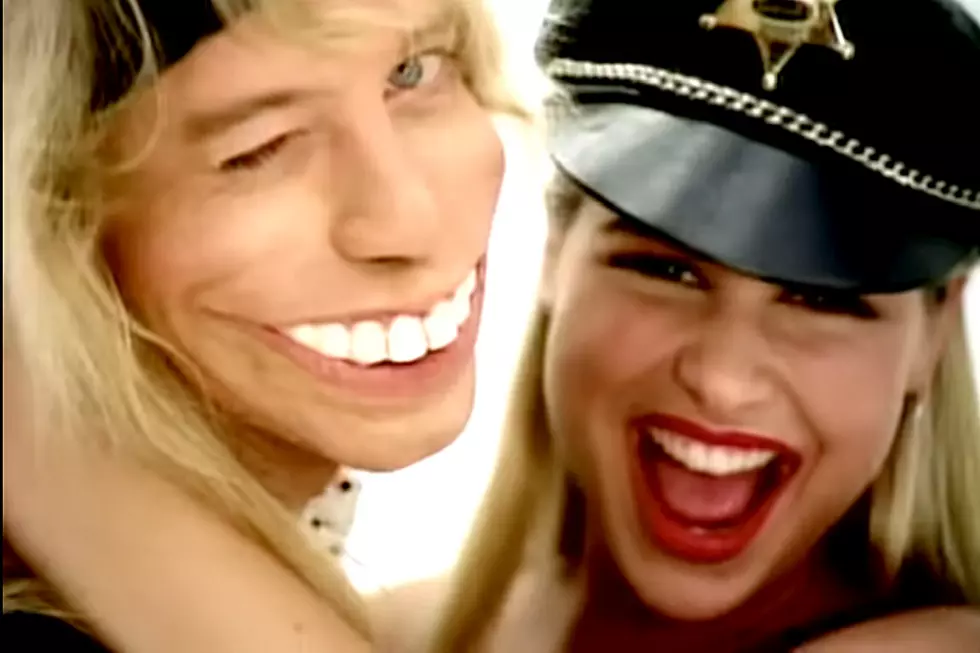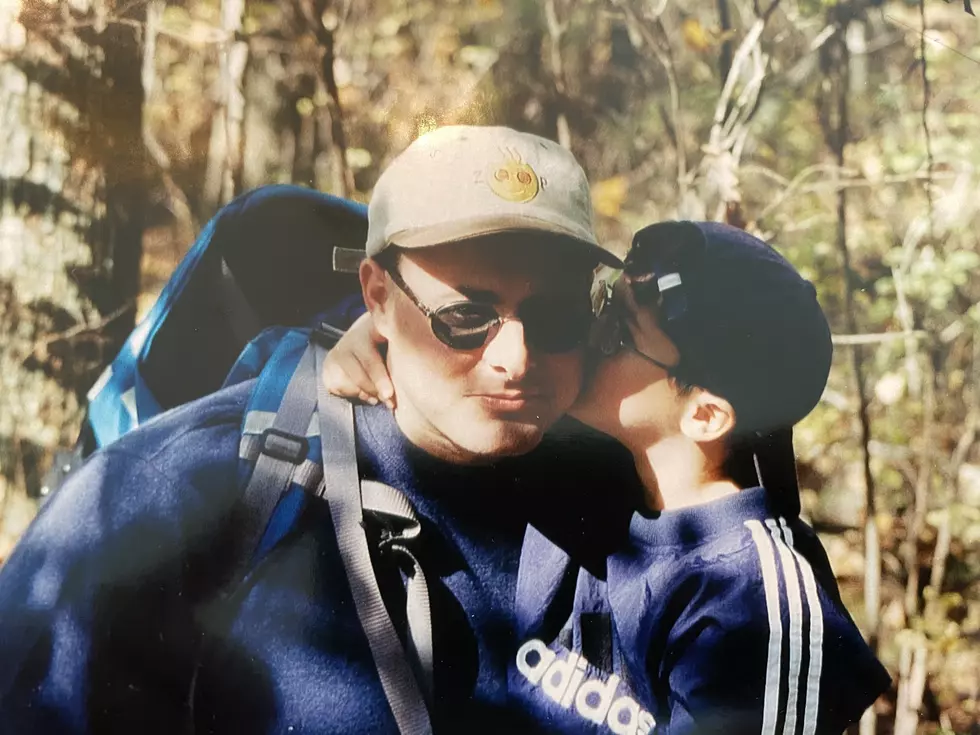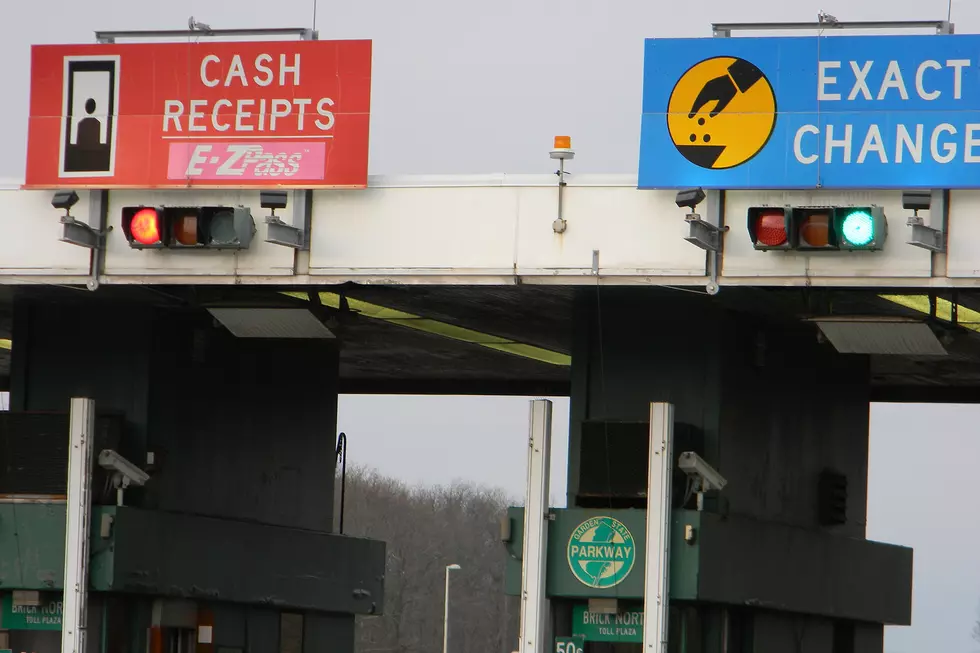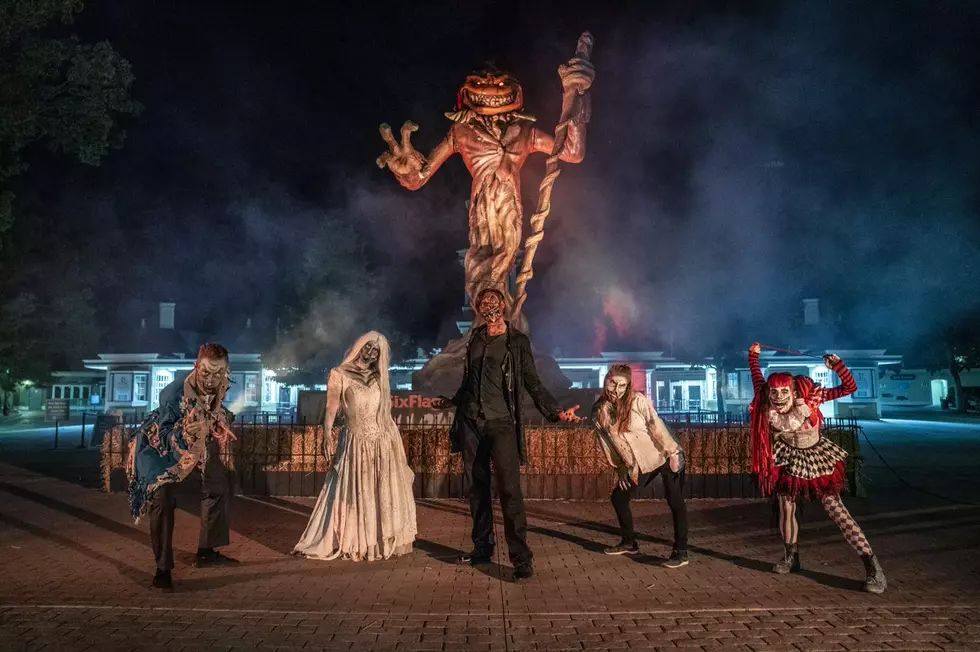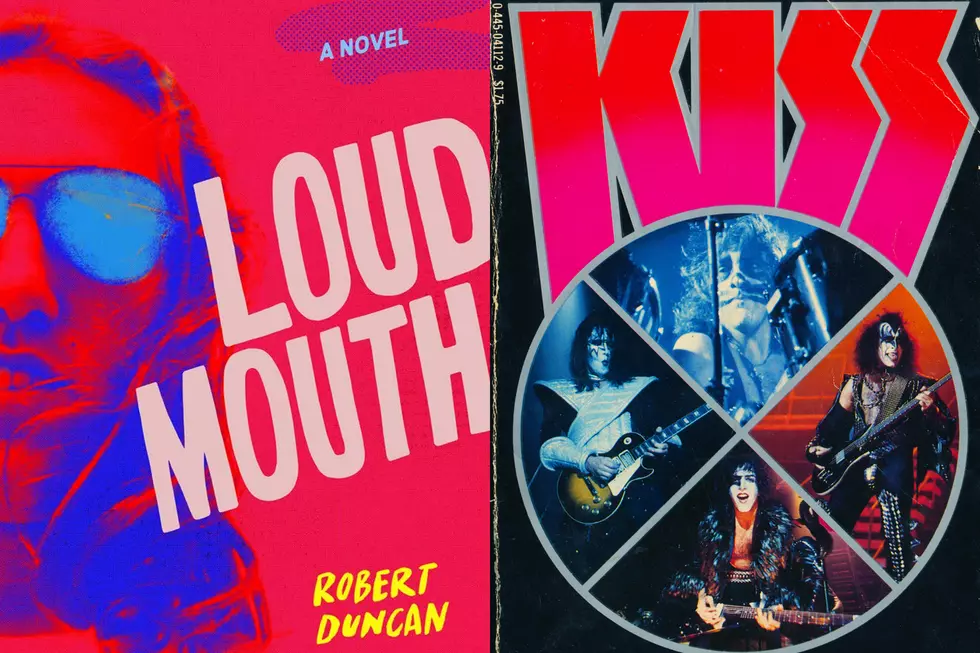
Robert Duncan Recalls an Early Career Low Point in ‘Loudmouth’
After a decades-long music-writing career that included an early stint as the managing editor of Creem magazine, Robert Duncan has crafted his first novel, Loudmouth.
In an exclusive excerpt from the book, Duncan recalls a real-life career low point: getting spotted and pitied by the Clash while peddling an unauthorized Kiss biography at a collector's convention in a rundown New York City hotel.
Duncan began a career in his early 20s as "an accidental journalist" for Creem, going on to write for Rolling Stone, Circus, Life and dozens of other publications. His friendship and working relationship with Lester Bangs, and an ill-fated attempt to find a piano player for a Clash recording session, provide fuel for some of the book's stories.
"I've called it a veiled memoir," Duncan tells UCR. "It's at least an accidental telling. I thought, Hey, they have that thing in the movies, where they say 'based on a true story,' so why can't I use that for a novel? I wanted to remember it the way I wanted to remember it. I didn't want to fact-check myself; I wanted to let it flow. It's definitely based on my life, such as it has been."
Maintaining a sense of humor about himself and the artists he covered was an important part of Duncan's success. "I think that's the way I approach life," he explains. "I try not to take myself seriously, number one. I try not to take people who are supposed to be stars seriously. I try not to take music that takes itself seriously very seriously. And I like to have fun and laugh at stuff. I'm always running up against somebody who doesn't get the joke. I like to deliver the jokes as deadpan as I can, which makes it even more dangerous. I've been thrown out of a dressing room, and I've been threatened with fists. That stuff happens every once in a while."
That attitude came in handy during the pride-swallowing incident depicted in the below excerpt, which finds an unhappy Duncan forced to try and sell his newly published Kiss book.
"It was in this big old grand hotel that now stunk, it was all moldy and mildew-y. They gave me a bunch of books and said, 'Okay, go sell these things, sign them and promote the book.' So I'm alone and I'm embarrassed to be there. You know, it was collecting nerds, and that's not me. There's a lot of that. They wanted to talk about collector-y stuff. Then, as I describe in the book, and it truly happened, Mick and Joe from the Clash just walked up. I had been with them in the studio a couple of months before, when they were recording Give 'Em Enough Rope. So, they were the righteous revolutionaries, and here I was exploiting a band that was not considered by them or probably by me a revolutionary band. [Kiss] definitely weren't punk!"
***
At a press party in the Time-Life building for Ozzy Osbourne - where the guest of honor could be found, with difficulty (even if you were his publicist), chin to chest, in a dark, back corner - a producer acquaintance, yet another of that hard-hustling breed, palmed me the number of an editor looking for an unauthorized biography of Kiss. And the next day I called that number. For a few zloyts down and a pitiful percent down the road, I readily agreed to prostitute what I viewed as my considerable, yet virginal, talents. And if writing a Kiss book might seem far from the most dishonorable thing, for me trying to be a real writer - in order to be a rock star - it wasn't far from shitting yourself in a St. Olaf's classroom. It exponentially compounded the agony when the first printing arrived and the publisher's marketing department booked me as an exhibitor at the First Annual Rock Flea Market and Collectors Fair in the ballroom of the Roosevelt Hotel.
Directly opposite Penn Station, the Roosevelt had once teemed with real armies in transit home from real war, the ballroom floor pulsing into dawn with straight whiskey, syncopated horns, hair-flying Lindy Hoppers and undiagnosed post-traumatic stress. Now those hallowed cedar planks were swirled in must and crawling with the Kiss Army - allied forces of the round-shouldered, the inhaler-dependent and the prepubescent, a white-faced band's even paler disciples and not coincidentally my best shot at a dime of royalties. It was exactly the kind of place a rock snob would not be caught dead. For my sins, the publisher had shipped in a dozen cartons of product and commanded me to get out and sell. Wedged between the Satanist belt-buckle kiosk and a stoney scammer's-apprentice peddling crates of illicit promo records - possibly the selfsame crap I was peddling to this guy Benny ("No last names!"), the illicit record-buyer who, twice a month, lumbered up to the fifth floor with cash - I sat at a card table, counting the minutes till closing and doing my damndest to hide behind an improvised duck blind of my own disgraceful books. Which is why it took a minute for me to note the arrival of the new scourge of the bourgeoisie, torch-bearer of the rebel spirit, savior-in-waiting of modern youth and leader of the Only Band that Matters.
It had been two months since I had slunk from Athena studios with a dazed and confused Eddie. Terry called a week later to let me know they'd got the Blue Oyster Cult's keyboardist to bang out the piano part in less than 20 minutes, and, since the ever gracious Allen Lanier had also agreed to forego credit, the Village Legend would n ever have to know.
"Eddie," Terry said with a snort, "can go on dreaming."
It was kind and cruel at the same time. I decided the kind part was Joe's idea. The cruel part - making sure I knew they'd formally nuked my "protege" and effectively putting the fiasco on me - was just what you'd expect from a guy in indoor shades.
In the meantime, our friend Lasker had tagged the Clash the Only Band that Matters, and the record company had airlifted Lester into the middle of the U.K. tour, enabling a week-long bender and slobbering mutli-park hagiography, and a legion of premature ejaculators were stroking their Selectrics over the impending disk.
In the U.S., in other words, the Clash had advanced beyond buzz.
"Oh, hey," I said to Strummer, as I raised my head above the paperbacks.
He nodded and fingered the volume.
Then along came Jones.
"Oh, hey," I repeated.
Mick nodded and turned the book over and back, and over again, like he wasn't quite sure where to begin. I hemmed and hawed. "Yeah, well, kind of a joke, you know ... "
But I was too hot-faced to pull it off. And once more Joe stared. This time it wasn't wariness. Worse, it wasn't judgement. This time at the Rock Flea Market in the smelly belly of the Roosevelt Hotel, Joe Strummer looked at me with pity. As if to confirm, he shrugged and said, "We've all got to make a living ... "
Agonizing later, I told myself that, rather than a whore and a rock Judas, I had been joined, in Strummer's mind, with the lumpen youth he was bent on redeeming, that the pity I had read in his black gaze was actually sympathy - "We've all got to make a living" - and brotherly commiseration on the state of the Clampdown.
It wasn't like the Clash hadn't compromised. The debate about whether or not you could be beholden to a media conglomerate and still be revolutionary - the Only Band that Matters - fueled half their publicity.
We ... Strummer had said. All .. he'd appended.
I had to write shitty Kiss books, and he had to suck up to the suits at Athena. Same prison, different cells.
***
Loudmouth will be published on Oct. 6. Details and pre-order information are available on Duncan's website.
How These 16 Kiss Album Covers Could Have Looked Very Different
More From Rock 104.1


